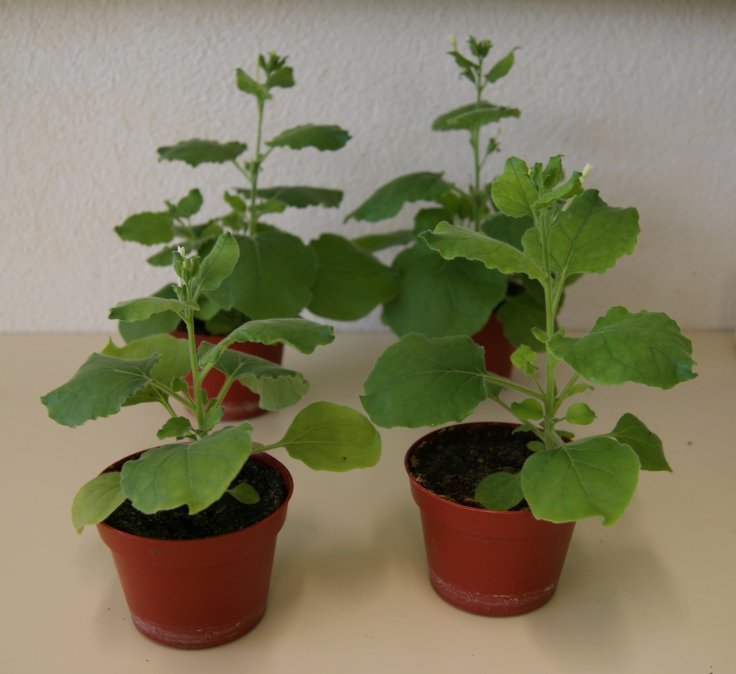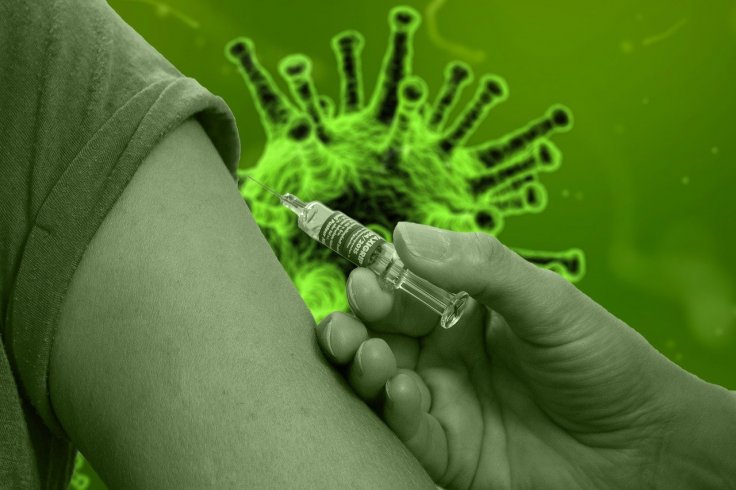In recent years, the tobacco plant has been given a bad name because of the usage of one tobacco strain—Nicotiana tabacum—for cigarette production. But while many researchers are racing to find a COVID-19 treatment, some companies are taking chance with this plant to use it as a key ingredient in the development of a Coronavirus vaccine.
Two North American biotech companies, Kentucky BioProcessing (KBP) and Medicago—based in Owensboro, Kentucky, and Quebec City, Canada respectively—are developing Coronavirus vaccines. These companies are using a tobacco plant strain called Nicotiana benthamiana as bio-factories to produce a key protein from the SARS-CoV-2 that can be used in a vaccine.
James Figlar, executive vice president for research and development for R.J. Reynolds Tobacco—Reynolds owns the company KBP—said that "If you wanted to be cynical about it, you could. But we tend to think of it as like at the end of the day, the tobacco plant in and of itself is still just a plant."

Tobacco for Coronavirus Vaccine
A vaccine work by imitating the infection, making the immune system believes that a pathogen has invaded, and as a reaction, the immune system produces T-cells and antibodies. As there are many ways of doing that. One of this process is introducing something to the immune system that would look like a virus but that won't be infectious—and this is the approach what KBP is using.
The vaccine development process starts with harvesting 25-day-old tobacco plants grown in a greenhouse. Then the workers infect it by dipping the plant into a solution, which involves microorganisms known as agrobacteria. As reported, the bacteria have been modified in such a way that it could contain instructions to develop a protein from the Coronavirus which the tobacco plants will take up.

Seven days later after the dipping process, during which the plant gets infected, it needs to undergo an extraction and purification process and at the end, "we have 99.9 percent pure protein," said KBP president Hugh Haydon. Meanwhile, another set of plants produces a tiny particle for packaging the viral protein and then both components—manufactured and packaged separately—then get chemically attached to each other. The end result is something that can be injected into the humans and is expected to trigger an immune response that in theory should protect people from the COVID-19 caused death.
The Canada-based company Medicago has already started the human trials of its vaccine and the phase 1 study results are for the potential Coronavirus vaccine are expected by the mid of October—said Medicago's executive in early October. However, unlike conventional vaccines that often require refrigeration, this tobacco plant-based vaccine can be stored at room temperature, said KBP.









